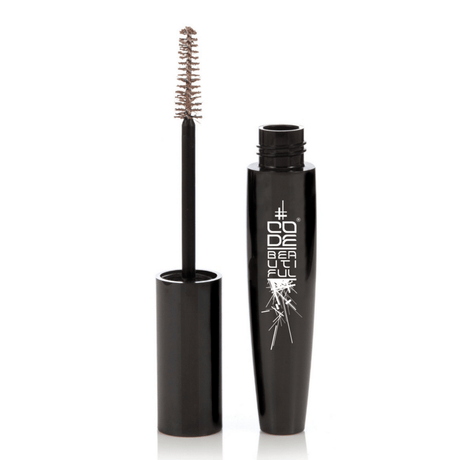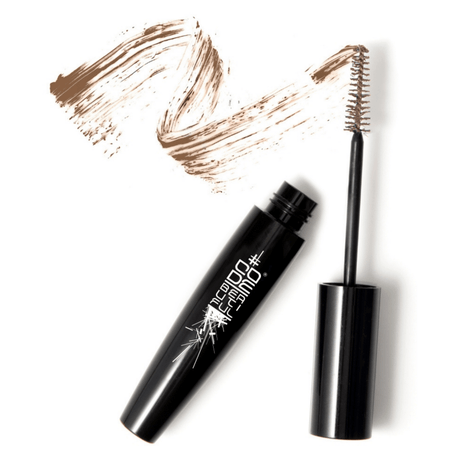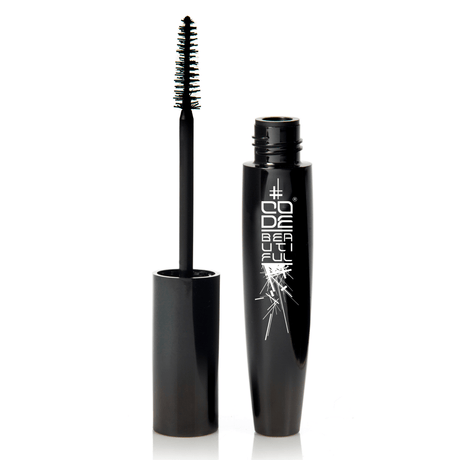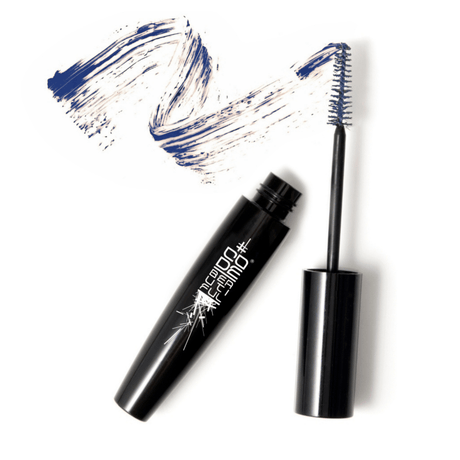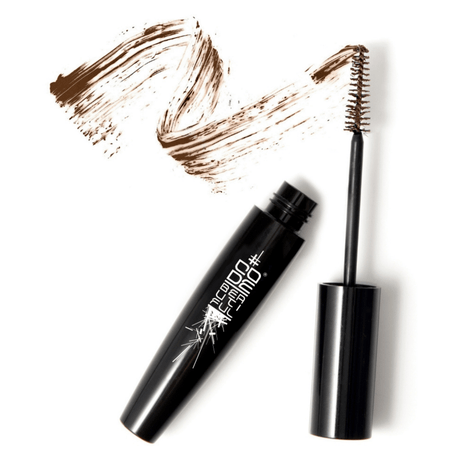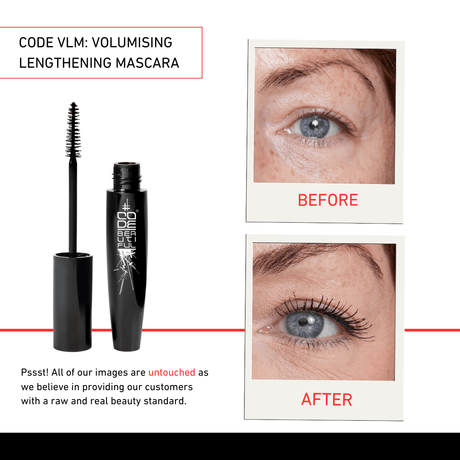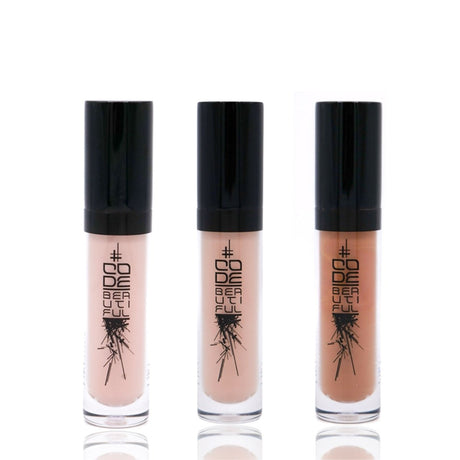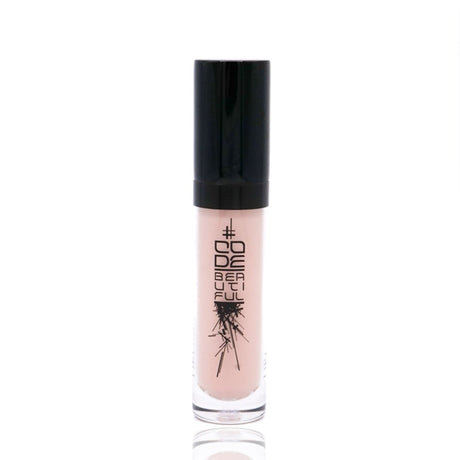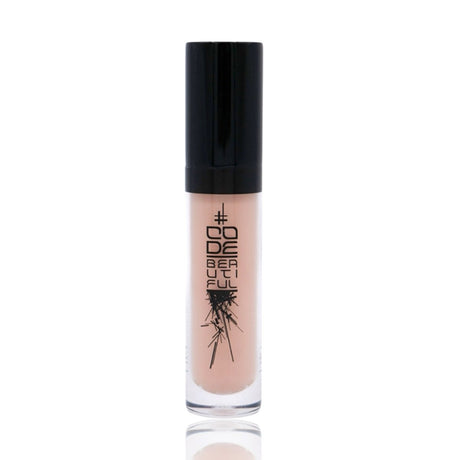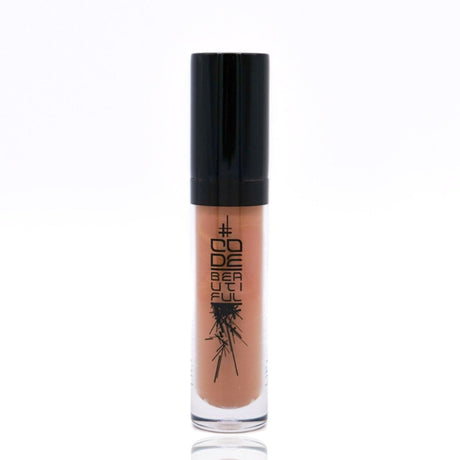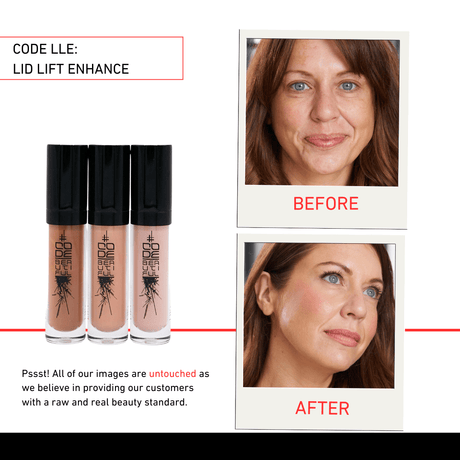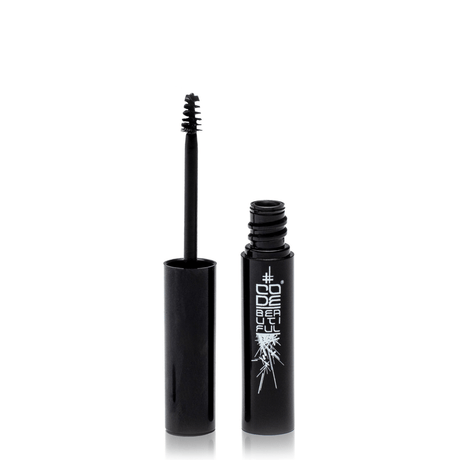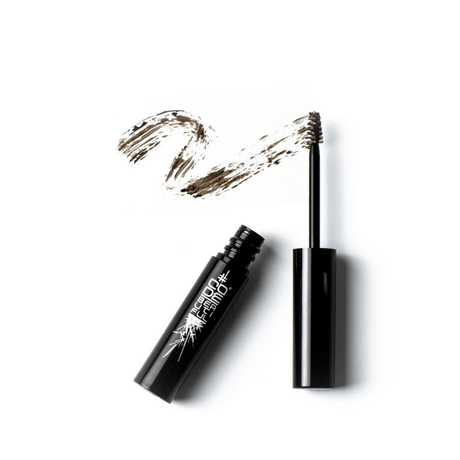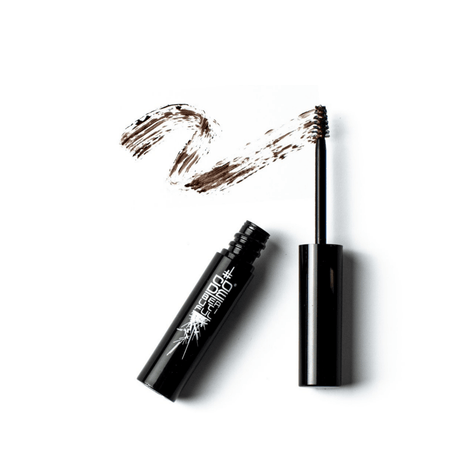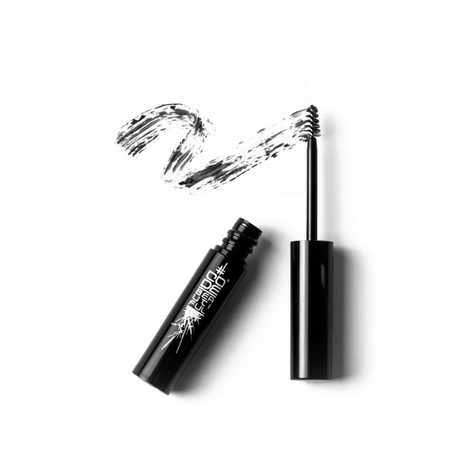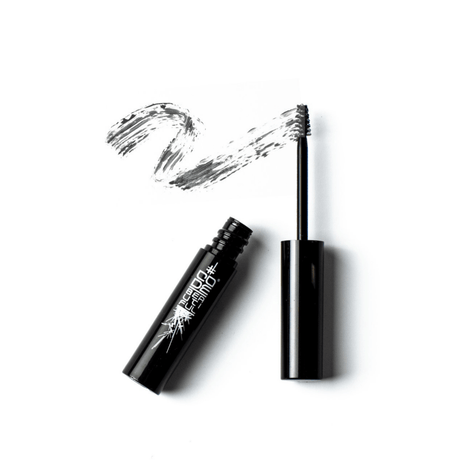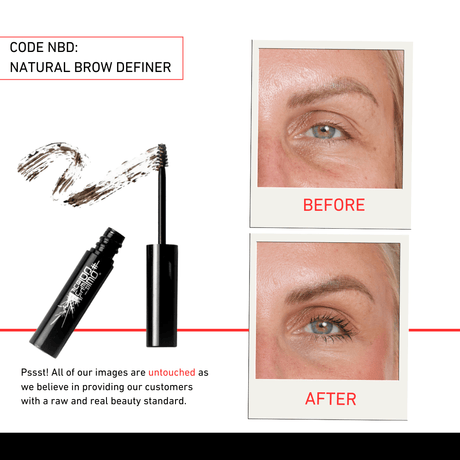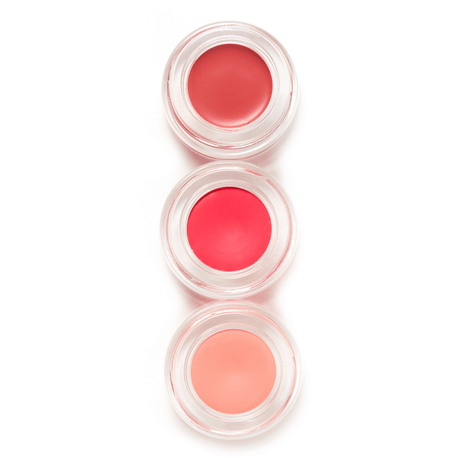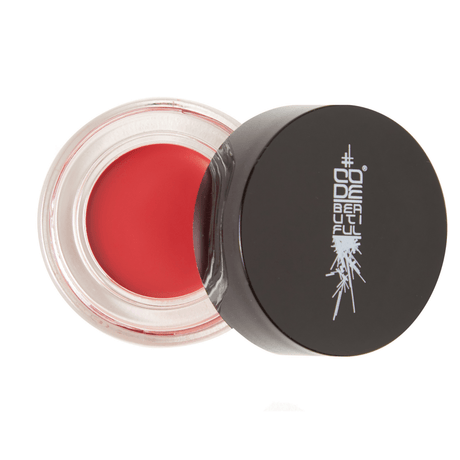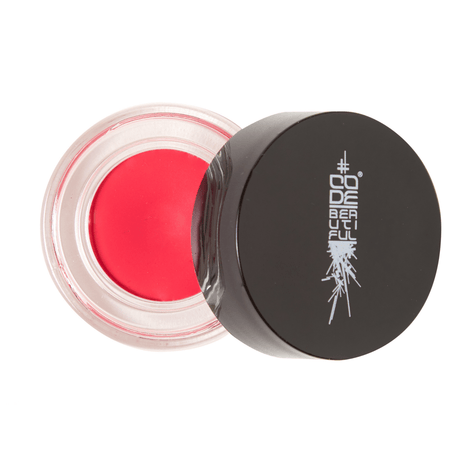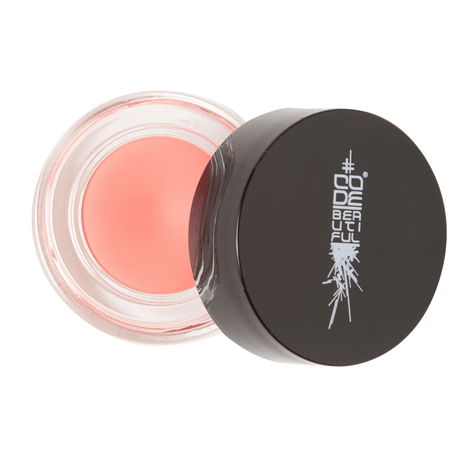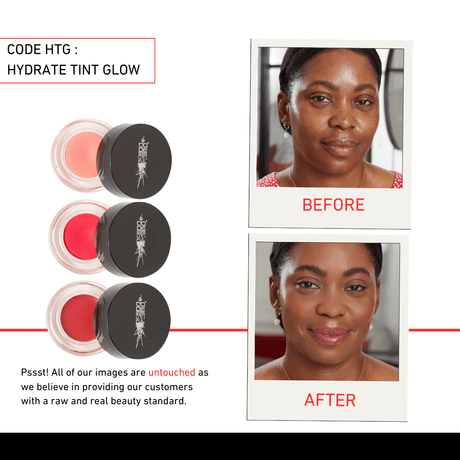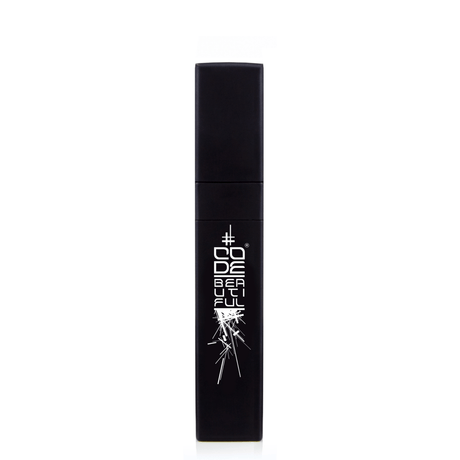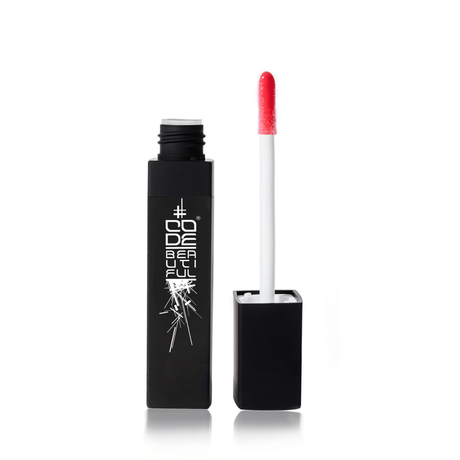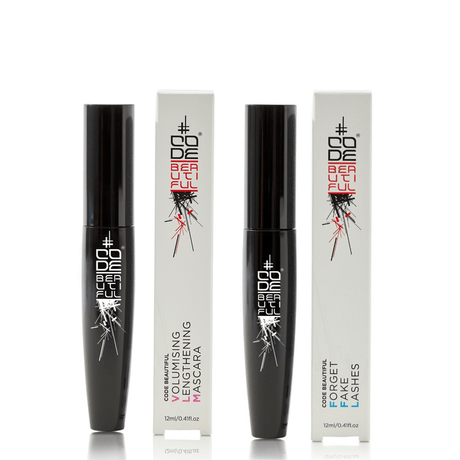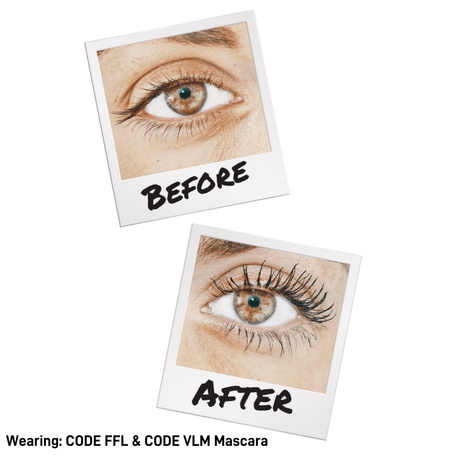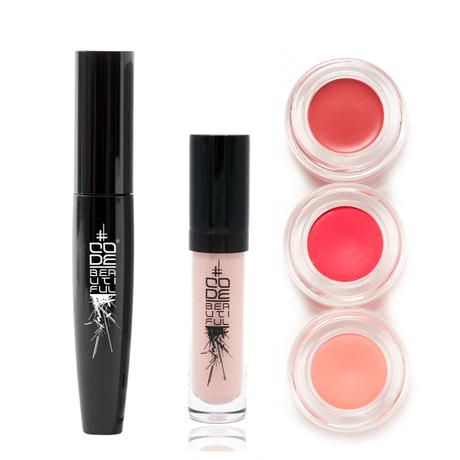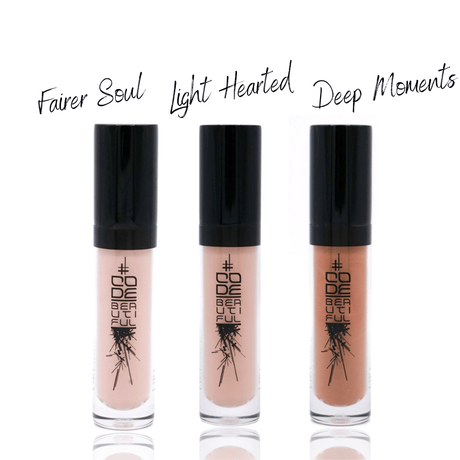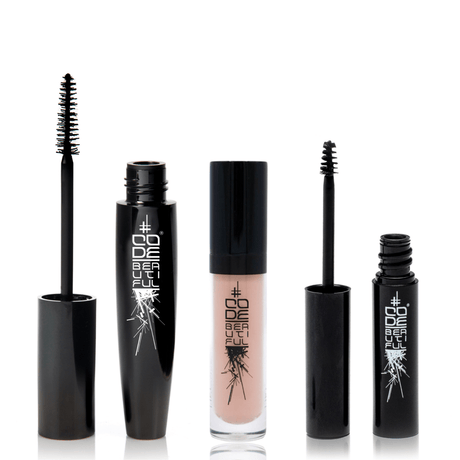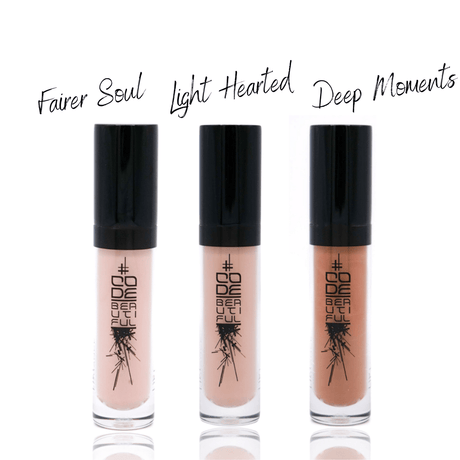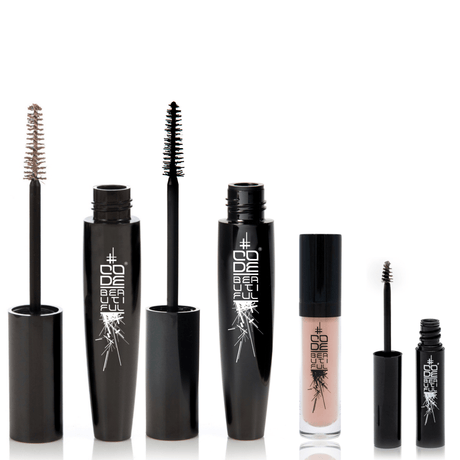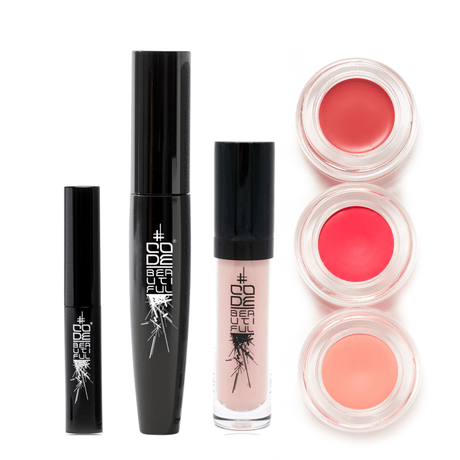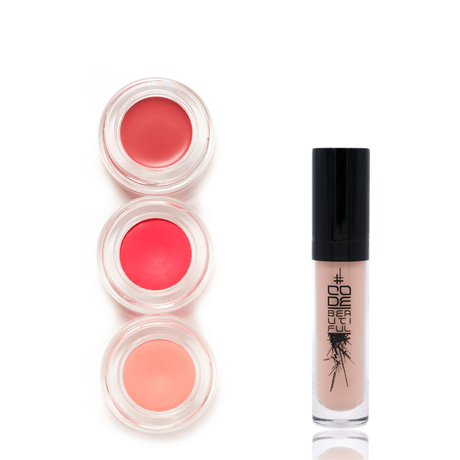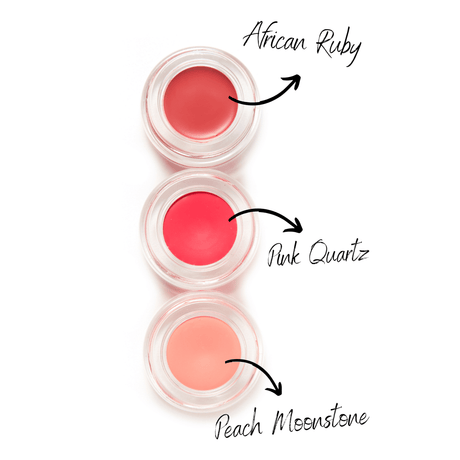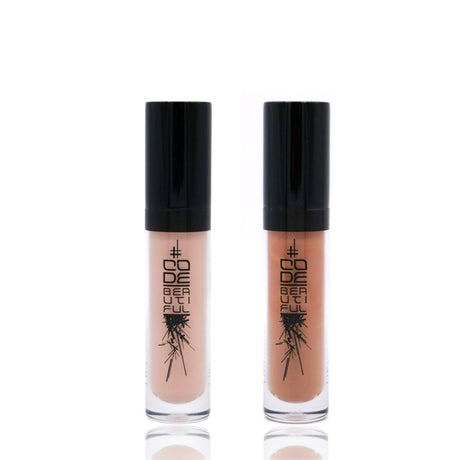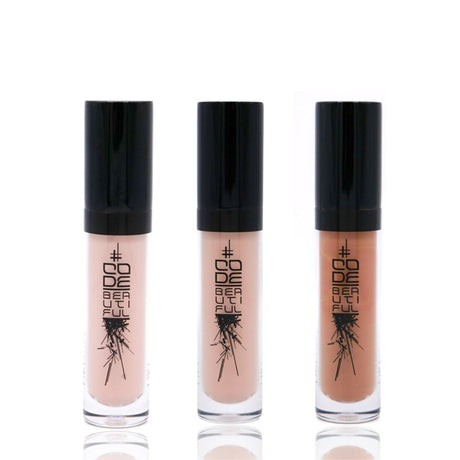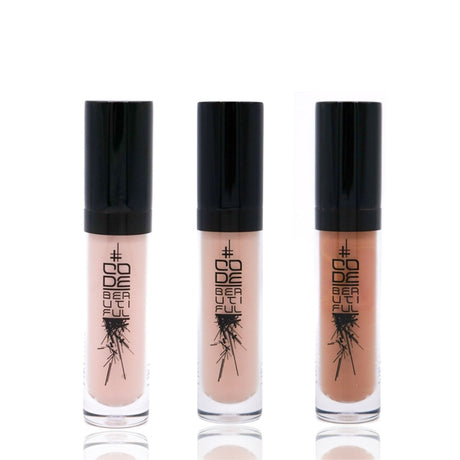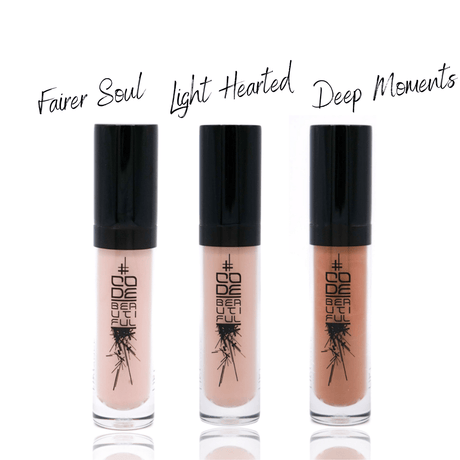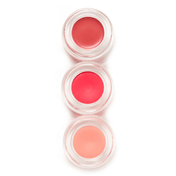What we mean when we say, “you are what makes you beautiful.”
Ok. So we’re a cosmetics brand that champions being real and authentic whilst operating in a world of models, magazines and photo-shoots, selling products that by definition exist to improve the appearance. What’s up with that?
Shall we address the elephant in the room?
It’s broadly accepted that the use of cosmetics dates back to the ancient Egyptians—c. 3100-2907 BC… they’ve been around a long, long time. Ancient Egyptian men and women lined their eyes with kohl ( a mixture of metal, lead, copper ash and burnt almonds) to ward off the evil eye and other spirits. The Chinese stained their fingernails to denote social class, forbidding lower classes to wear bright colours. For literally thousands of years, makeup has been used for a multitude of purposes. This doesn’t just apply to the past, the same is true today. From cultural and religious ceremonies to concealing perceived flaws, expressing individuality and creativity to conforming to societies expectations: cosmetics play many different roles in our lives—some beautiful and expressive—some downright oppressive. The point is, we wear makeup for different reasons.
The problem as we see it, is that the beauty industry directly and indirectly bombards us with the message that we need cosmetics to be “beautiful” and perhaps more alarmingly that beauty is one single thing. As a society that values beauty so highly, this puts pressure on women (and men) to conform to a single ideal and suggests that a failure to do so makes us worth less. Take some of the slogans of the big makeup brands— Maybelline for example— “Maybe she’s born with it. Maybe it’s Maybelline” The implication here is that hey—there’s a chance the stunning model you’re seeing in our ad was born this way, but probably not. You need to buy our products to look like this. Or “Easy Breezy Beautiful CoverGirl” where the implied message is basically, you should look like this— and you can—provided you use our products. It’s kind of patronising and exploitative. Not only that, but what’s considered “beautiful” is so variable that thinking about beauty in this way is necessarily exclusive. How can something so changeable and multi-dimensional be presented so dogmatically?

Having said that, some of the features thought of as “beautiful” relate to our evolutionary programming. Several studies, including one in the Journal of Experimental Psychology: Human Perception and Performance show that increased contrast between facial features and surrounding skin, which is essentially the traditional goal of makeup application, is an important cue for assessing healthiness. Another study in Body Image, found that the presence of rosy cheeks and the absence of dark circles under the eyes also make people appear healthier. It makes sense that we would find indicators of health desirable and attractive on a biological level.
Makeup also affects the way we perceive each other. According to a study published in the journal Perception, men perceive women who wear makeup to be more prestigious, whereas women perceive other women who wear makeup to be more dominant (and also more promiscuous).
Whether biologically determined or socially conditioned there are reasons the use of makeup provokes the responses it does. It’s worth noting however that attractiveness (to a potential mate) and beauty are two different things. We are all much more than potential partners in reproduction. Likewise, beauty encompasses much more than indicators of fertility, prestige or power. It comes in all shapes and sizes, does not conform to any set criteria and can be found in even the most unlikely of places in the most unexpected of moments. It’s profoundly simple and infinitely complex. And what’s more— it’s not only about physical appearance.
When we say, “you are what makes you beautiful,” we are offering a reminder that though we can offer you the products you ask us for that work the way you would like them to, the length of your eyelashes or the fullness of your lips is not what makes you beautiful. You do not suddenly become “un-beautiful” after you wash your face in the evening or before your get ready in the morning. We love makeup—for better or worse. It can be a powerful tool for self-expression and empowerment or it can be a mask that helps you take on the world. It can be used to hide insecurities or enhance your favourite things about yourself. Like everything else, there’s good and bad. But, regardless of whether you choose to use our products (or anyone else’s) or not, it is your uniqueness, your you-ness, that makes you beautiful, not your ability to conform to someone else’s one-dimensional definition. You do you.


